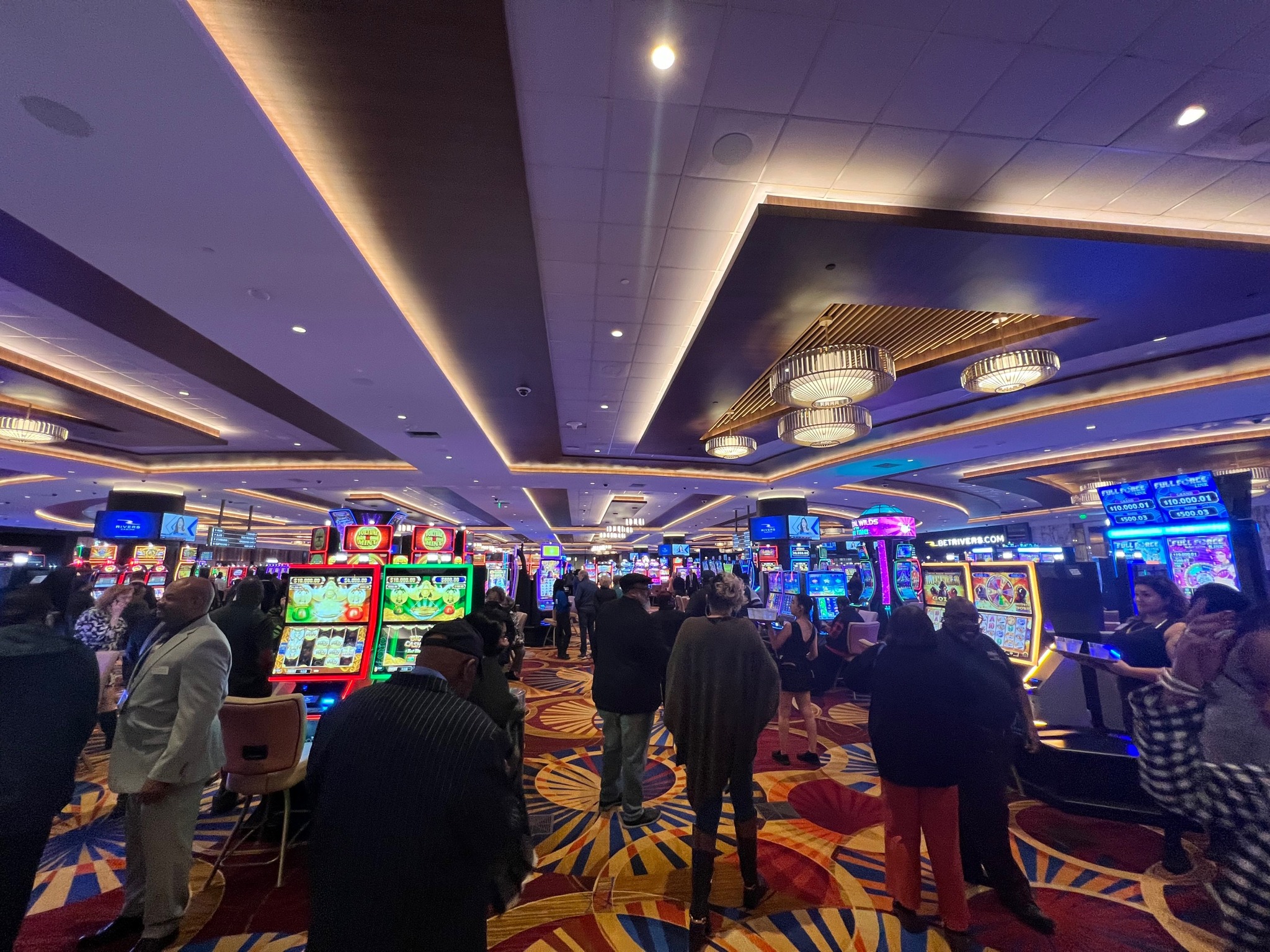
Betting has been an important part of human entertainment for millions of years, developing through cultures and eras to become the vibrant casino games we know today. From the ancient Chinese and Romans, who participated in different forms of gambling and chance, to the sophisticated gaming floors of today’s casinos, the allure of risk and reward has fascinated individuals across the globe. The transition from basic dice games and rudimentary betting setups to the lavish settings of modern casinos reflects major strides in both cultural standards and technological.
As societies evolved, so too did the complexity of gambling activities, with casino games emerging as a unique category of leisure and excitement. These games have changed from informal gatherings centered around traditional tables to sprawling, lavish establishments designed to entice players. Today, we explore this fascinating journey, analyzing how historical practices laid the groundwork for the diverse and exciting casino games that bring pleasure to millions worldwide.
spintax
Ancient Gambling Traditions
Wagering has profound roots in human history, with proof of activities of chance dating back to ancient societies. Archaeologists have discovered that as far back as 3000 BC, the Chinese were using primitive forms of gambling with dice made from wood. Similarly, ancient Mesopotamians engaged in gambling activities, often relying on the casting of lots or dice to determine winners. These early forms of gambling served not only as amusement but also played vital roles in social and cultural customs.
The Egyptians also participated in betting activities, with games that included betting on the outcomes of various events, including athletic events and spiritual festivals. Artifacts such as dice and depictions of players from ancient tombs demonstrate that betting was a frequent pastime. It provided both relaxation and a means of engaging in social connections, often linked to festive occasions or major gatherings. This activity demonstrated the universal appeal of chance and competition throughout the ages.
In ancient Rome, betting became a widespread practice among the people, as reflected by references in literature and the establishment of rules around certain activities. Romans enjoyed a variety of gambling activities, from betting on horse races to playing games akin to modern-day board games. The legal structure surrounding these activities began to take shape, establishing the foundations for betting regulations that would develop in the centuries to come. The fame of gambling during this period set the stage for the development of gambling house games in the future.
The Development of Gambling Games
Casino games have undergone significant transformations from their roots to the contemporary entertainment options. In early civilizations, gaming was commonly linked to ceremonial practices, with games of dice found in the ancient Mesopotamian region and betting on the outcomes of events in classical Rome. These early forms of gambling laid the groundwork for the organized games we see today. The transition from informal gambling to regulated games happened as societies began forming rules and venues for wagering, demonstrating cultural values and practices.
The medieval period saw the rise of card games, which gained fame among European nobility. Games like first and the game baccarat became staples in social gatherings. The invention of printing technology also aided the spread of playing cards, making them more available to the common people. As gambling houses began to proliferate, these card games developed into variations that catered to wider audiences, eventually leading to the creation of casinos as specialized venues for gaming.
The 1900s marked a crucial point in the progression of casino games, with the ascendancy of commercial casinos in Las Vegas and other gambling hotspots. This era introduced games like slot machines and modern versions of table games, complete with advanced graphics and complex betting structures. The advent of online casinos in the tail end of the 1990s also transformed the gaming industry, allowing players to access a great variety of casino games from the comfort of their homes. Today, casino games continue to evolve, blending time-honored elements with cutting-edge technology to create immersive experiences for players worldwide.
Contemporary Gaming Regulations
In the past few years, the area of gambling regulations has evolved substantially, notably as technology and internet-based gaming have become increasingly prevalent. thương hiệu F168 Governments around the globe have implemented multiple regulations and guidelines to ensure that gaming activities are performed equally, responsibly, and clearly. These laws often cover elements such as permits, marketing, player protection, and sensible gaming measures. Authorities aim to mitigate problems such as problem gambling and cheating while fostering a equitable gaming environment.
The growth of online casinos has necessitated a fresh approach to oversight. Many legal areas have created dedicated online gaming structures that serve online gaming, allowing operators to offer their services within the law. These frameworks often demand operators to get permits, follow strict safety protocols, and offer assistance options to assist players. By vigilantly supervising internet activities, authorities can better protect players from potential harm and make sure that gambling is conducted in a protected manner.
Furthermore, modern gaming regulations are progressively focusing on responsible gaming initiatives. Many casinos and internet-based sites now implement features such as self-exclusion, financial limits, and breaks to help players control their gaming habits. Educational campaigns aimed at raising awareness about the dangers of gaming are also frequent. As the sector continues to grow, the emphasis on sensible gambling continues to be a fundamental principle of governing efforts, showing a dedication to encouraging a secure and pleasant gambling experience for all gamblers.